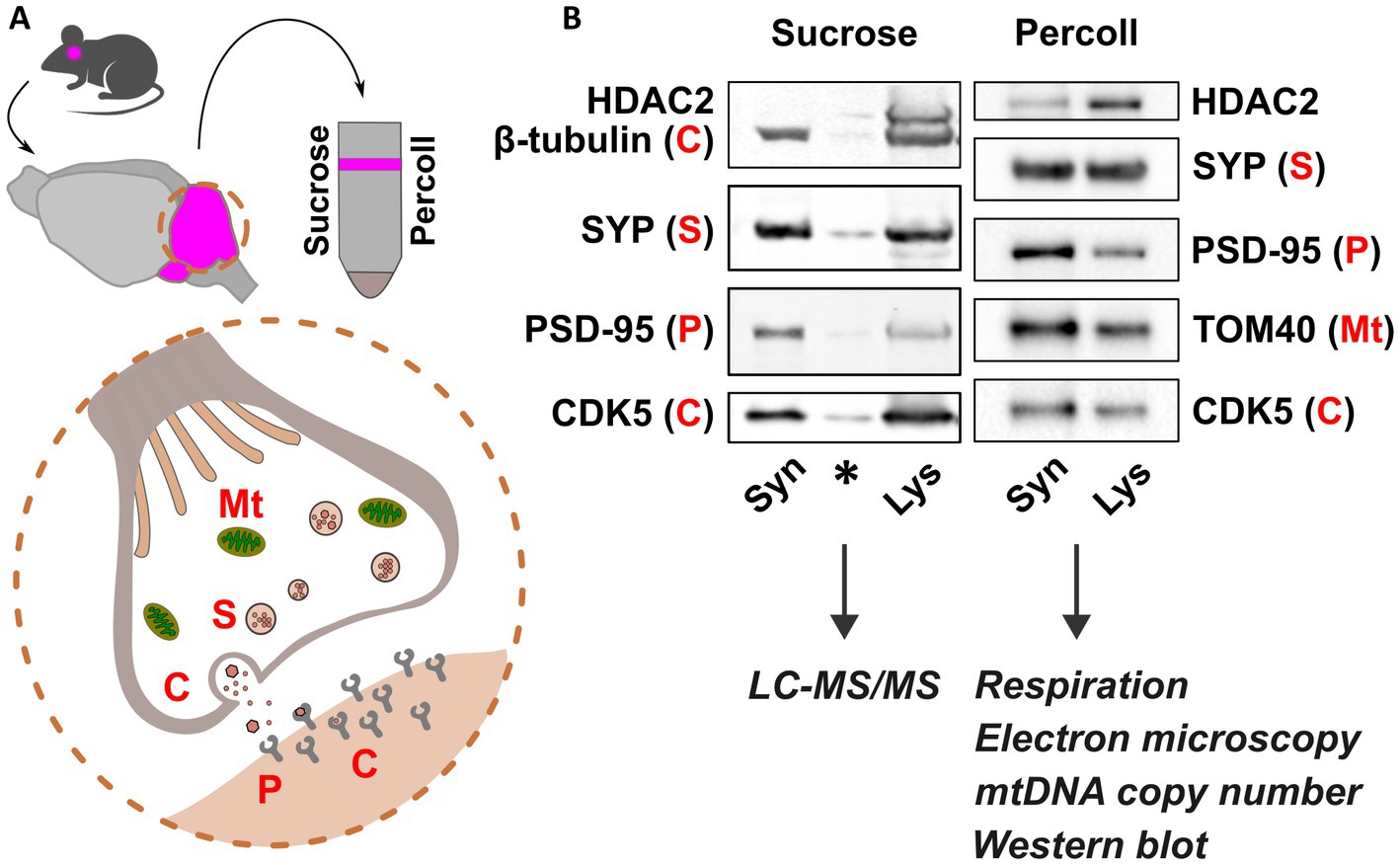
Study Reveals Mitochondrial Dysfunction Key in Multiple Sclerosis
A recent study has uncovered a significant connection between mitochondrial dysfunction and the loss of Purkinje neurons in the cerebellum, leading to motor impairments in individuals living with multiple sclerosis (MS).
Research conducted by Kelley C. Atkinson and colleagues indicates that decreased mitochondrial activity in the demyelinating cerebellum of progressive MS patients plays a central role in the loss of Purkinje cells. This discovery sheds light on the progression of cerebellar dysfunction in individuals with MS.
Professor Tiwari-Woodruff, one of the researchers involved in the study, emphasized the importance of targeting mitochondrial health as a potential strategy to slow down neurological decline and enhance the quality of life for those affected by MS.
Multiple sclerosis impacts approximately 2.3 million people globally, with about 80% of MS patients experiencing inflammation in the cerebellum, a crucial part of the brain responsible for motor control.
Understanding the Link Between Mitochondrial Dysfunction and MS
Recent studies have explored the connection between mitochondrial dysfunction and various neurodegenerative diseases, including MS, Parkinson’s disease, and Alzheimer’s disease. In MS, inflammation, demyelination, and axonal damage within the central nervous system lead to neurological disability.
Cerebellar signs and symptoms, along with cognitive dysfunction, are common in MS patients and contribute to clinical disability. Unfortunately, current treatments offer limited relief for these issues.
Mitochondrial Dysfunction and Cerebellar Disease in MS
Cerebellar signs such as tremor, ataxia, and dysarthria are challenging to treat and significantly impact the quality of life for individuals with MS. Understanding the pathophysiology of cerebellar disease in MS through human postmortem studies and experimental models has become crucial in developing effective treatments.
Overall, the research on mitochondrial dysfunction in MS provides valuable insights into combating the progression of the disease. By focusing on improving mitochondrial health, there is hope for slowing down neurological decline and enhancing the well-being of those with MS.







